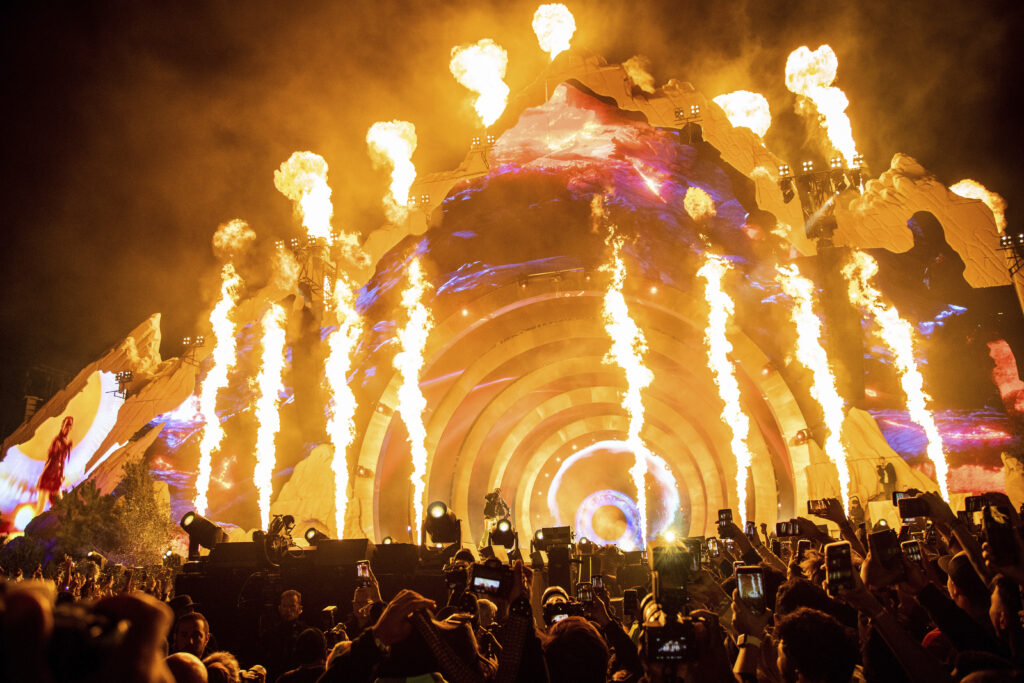
Introduction: The Significance of the Astroworld Tragedy
The Astroworld tragedy, which occurred on November 5, 2021, during rapper Travis Scott’s concert in Houston, Texas, has become a pivotal moment in the conversation around safety protocols at music festivals. With ten reported fatalities and hundreds of injuries, the event raised urgent questions about crowd management, emergency response, and the responsibilities of organizers and performers. As live music events resume in a post-pandemic world, understanding the implications of this tragedy is more relevant than ever.
Details of the Event
On that fateful night, thousands of fans converged on the NRG Park for the Astroworld Festival, which was marketed as a weekend filled with music and excitement. As Travis Scott took the stage, the crowd surged toward the front, leading to overcrowding and chaos. Reports indicate that many attendees struggled to breathe, and emergency services were quickly overwhelmed. Witnesses described the situation as a ‘mass casualty incident’ which prompted a rapid response from local authorities.
In the aftermath, the tragedy sparked a wave of lawsuits against Scott, the festival organizers, and other associated entities, claiming negligence and failure to provide adequate safety measures. Investigations revealed alarming lapses in crowd control, including a lack of proper barriers and insufficient medical personnel on-site.
Implications for Festival Safety
The fallout from the Astroworld tragedy has prompted significant reflection within the live music industry. Organizers nationwide are now reevaluating their safety protocols to prevent similar incidents. The National Independent Venue Association and the Concerts Industry Coalition have initiated discussions on establishing more stringent regulations and best practices for crowd management and safety protocols.
Conclusion: A Call for Change
The Astroworld tragedy serves as a stark reminder of the vital importance of safety measures at large events. As concerts resume and festivals begin to fill summer calendars, it is imperative that stakeholders prioritize the well-being of attendees to restore confidence in public gatherings. Enhanced training for event staff, improved emergency response plans, and clear communication with attendees could form the backbone of a safer festival experience in the future. The industry must learn from this tragedy to ensure that the joy of live music can continue without compromising safety.



